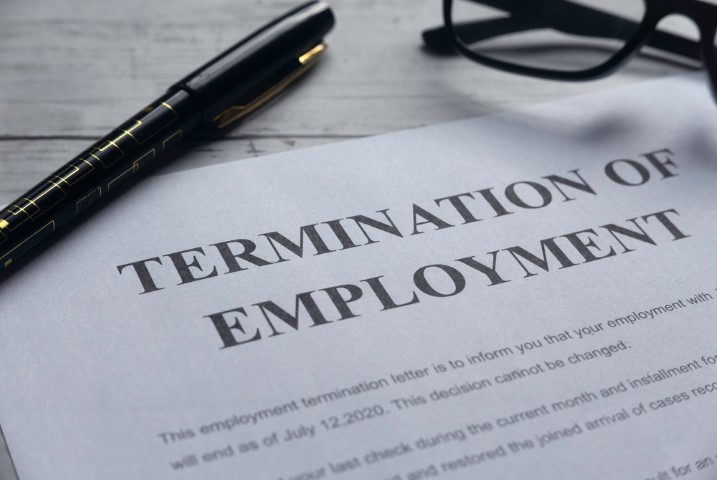
Do you believe you have grounds for a wrongful termination case?
-
Jun 15, 2021
-
Blog
-
Michael Burgis & Associates, P.C
There are many different forms of employment discrimination. Some companies discriminate in their hiring processes or in their decisions related to promotions and career advancement. Others may choose to terminate workers for discriminatory reasons.
Losing your job is a disheartening experience, especially if you believe that discrimination played a role. Workers who lose their jobs because of protected characteristics, including their age, race, religion or disability, may have grounds to pursue a wrongful termination lawsuit. It’s important that you understand how California views employment and what responsibilities fall to you as someone attempting to prove wrongful termination.
California is an at-will employment state
California is one of many states that has laws regarding at-will employment. In other words, employers cannot force someone to stay in a job, nor can they protect someone from termination of their position. A company can, theoretically, fire someone at any time, just as an employee can quit a job at any point.
However, that does not mean that your company can fire you for reasons related to discrimination. Abuses of the at-will employment law are relatively common, with employers attempting to hide their discrimination behind these laws. Some companies will go so far as to restructure certain departments in an attempt to hide systematic termination of certain kinds of workers.
Thankfully, if you take the steps to document your experience at work, you may have records that prove discrimination factored into your termination. That could bolster your ability to seek compensation for wrongful termination.
Document issues at your work, especially if you worry you may lose your job
Some employers choose to fire workers after they seek workers’ compensation due to a workplace injury. Other times, an employee who has different characteristics than other workers or management may face discrimination, up to and including termination of their position.
If you have started to believe that your employer may fire you because of your race, religion, gender or disability, you should start documenting those concerns immediately. Keep a written record of anything inappropriate someone says. Noting issues, such as the sudden termination of employees who share certain characteristics with you, whether it is race or a physical disability, could be a red flag for institutional discrimination in your workplace. Similarly, make a written record of any signs of systemic discrimination, such as a practice of only hiring people from one gender.
Obviously, if your manager or other co-workers make harassing or discriminatory statements, you should record these incidents in detail as well. This way, if you end up in trouble for reporting the situation to human resources or management, you can at least substantiate your claims that the discrimination was ongoing prior to your termination.
Jerry DiLeva
"Michael told me that he was going to do the best he can for me, my family, and for my future needs. He's surrounded by a staff. A staff so excellent they're very knowledgeable, professional, and very kind, courteous ... If you're really serious in a workman's comp case what can I say Michael Burgis is the guy. His staff will treat you right, you'll go in the right direction and I guarantee you will win."
See What Our clients say






